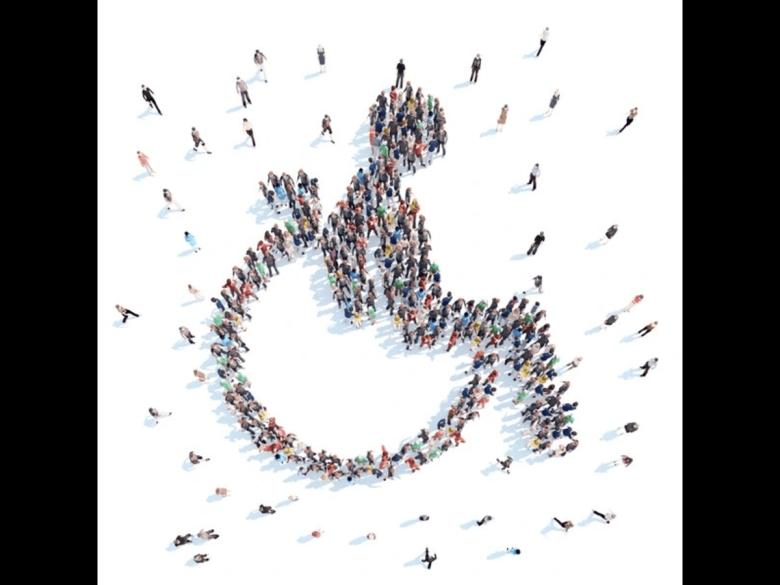The Federal election has been called and Australians will go to the polls on Saturday 3 May.
That includes Australians with disabilities.
The election was called in the same week that the Federal government presented its Budget, and less than 24 hours after Opposition Leader Peter Dutton gave his Budget Reply speech – so we have a general idea of what each party plans to do, should it win election.
Dutton used his Budget reply speech to focus mostly on measures to address the cost of living, things which would impact all Australians including people with disability.
This includes halving the fuel excise for 12 months, which he said would reduce fuel bills for households and therefore bring down the cost of living.
A Dutton government would provide an extra $400 million in funding for youth mental health.
But despite talking big on the NDIS in recent months, including by saying the cost of the scheme is “out of control”, people with disability barely rated a mention in the Budget reply speech.
Budget reveals disability policies so far
The Liberal Party’s policy manifesto promises “practical support” for people with disability to “overcome barriers and… find and keep employment”, as well as support from all levels of government.
The Coalition has also said it will not cut the NDIS.
The Labor government used its Budget to promise funding for foundational supports through the Information Linkages and Capacity Building program, just over $40 million for the National Autism Strategy, and $17.1 million for fraud detection at the NDIA, among other things.
Meanwhile, the Greens have promised to make ADHD and autism assessments free under Medicare, and plan to create a new Disability Minister position should they have the power in Cabinet. Other policies include establishing a 20 per cent quota for employment of people with disability in the public service, establishing an Election Access Fund to help people with disability to take part in elections by reducing the barriers they face.
Voting
Voting is compulsory in Australia.
However, as we report in this month’s edition of Link magazine, people with disability face a number of challenges when it comes to voting – from inaccessible polling booth locations, to outright being denied the opportunity to have their say if they have an intellectual disability.
Nevertheless, the Australian Electoral Commission said it is taking steps to make voting more inclusive and accessible.
Check out this month’s edition of Link magazine, out now, for advice on how to vote and to learn how authorities are making it easier for people with disability to exercise their democratic right – and what more needs to be done to make voting in Australia fully accessible.

